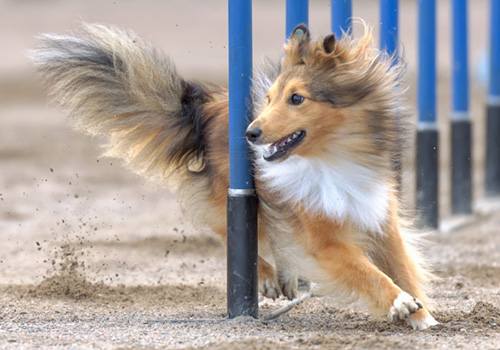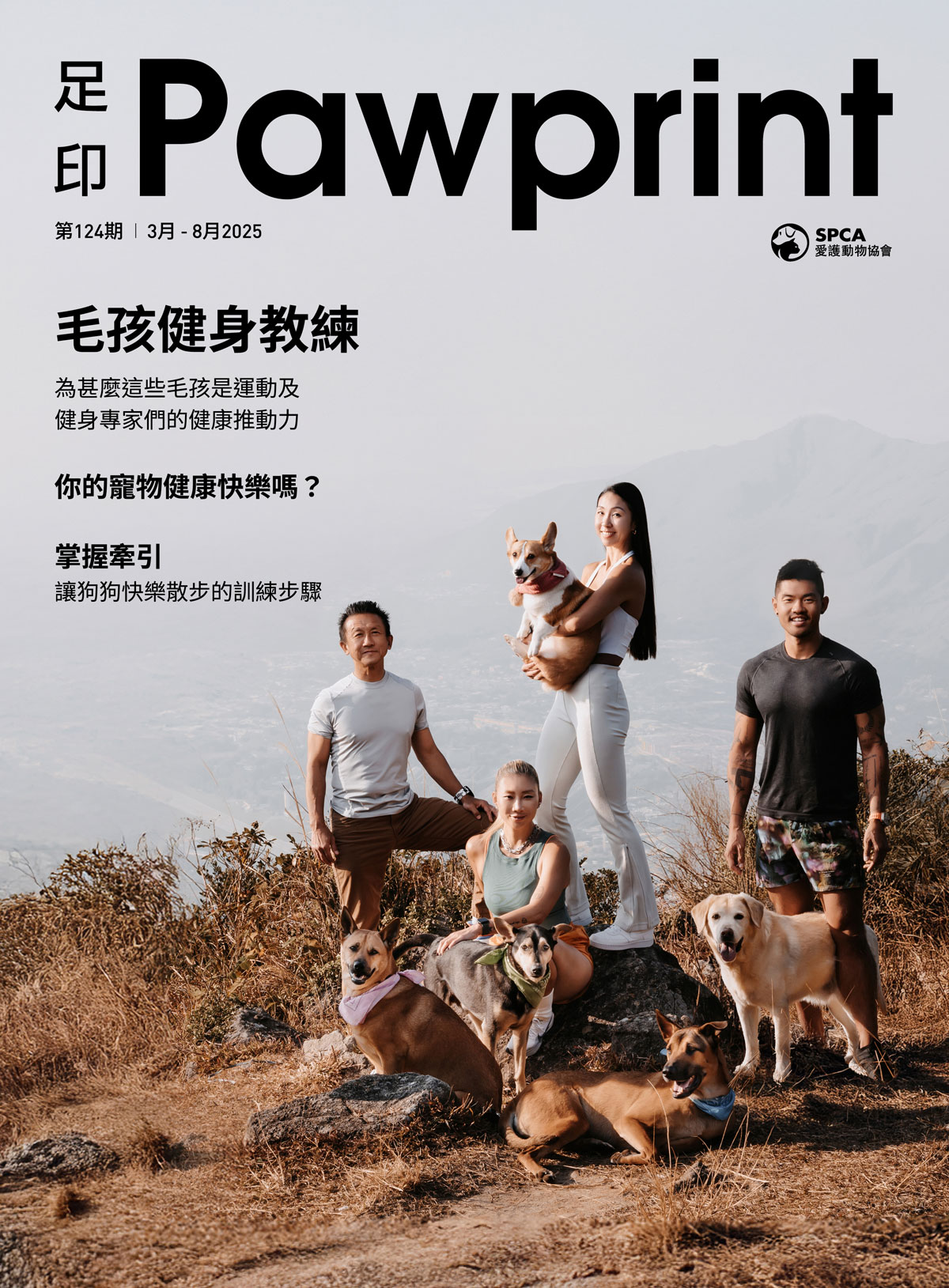What is neutering and desexing?

Neutering is the surgical removal of part or all of an animal’s reproductive organs. In Hong Kong, neutering is sometimes called “desexing”. A more specific term for this procedure is “spaying” for female animals and “castration” for males.
Spaying a female animal involves the removal of the uterus and ovaries while castration of male animals involves the removal of both testicles.
Both are routine operations which require a general anaesthetic; patients usually recover quickly after the surgery.
Please contact any of our SPCA clinics or your local veterinary surgeon for more information, or to make an appointment to desex your pet.
Why Should a Cat or Dog be Neutered?
Each year, thousands of unwanted animals are euthanised because there are not enough homes for them. To control the animal population by preventing the birth of unwanted litters, we strongly encourages pet owners to desex their pets. Neutering also has many additional benefits for animals:
Does Neutering Cause Weight Problems?
There is no greater risk of weight gain for animals that have been desexed.
How Much will Neutering Cost?
It depends on the type of animal, the size and gender. Compared with the cost of caring for numerous offspring or treating possible diseases, the cost of desexing is minimal!
When is a Good Time to Neuter my Pet?
Regardless of gender, a cat or a dog can reproduce from as young as five months old. Desexing your pet should be done as soon as possible.

Animal Welfare Vehicle
The problem of dog and cat overpopulation is particularly prevalent in the New Territories and on many of the outlying Islands where animals are “loosely owned”, seldom desexed, and allowed to wander freely.
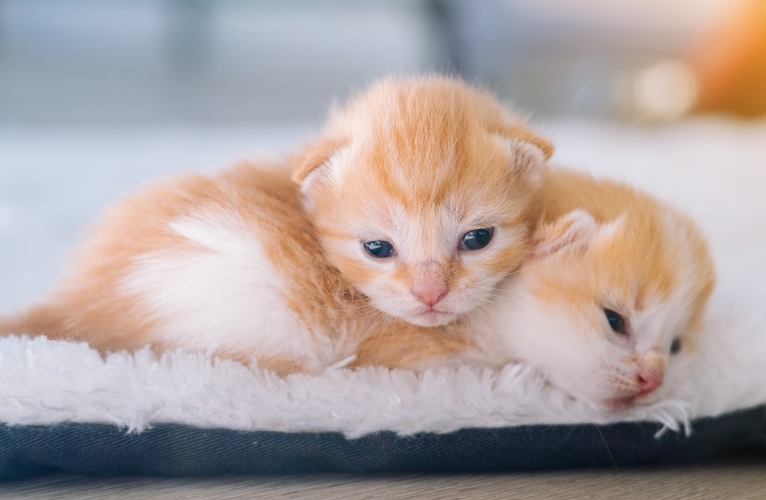
Animal Birth Control
Tens of thousands of stray or unwanted animals are born every year in Hong Kong, the offspring of abandoned or unneutered pets that are left to roam and reproduce freely. Life on the street can be tough; these animals are vulnerable to ...

Desex your Pet
Neutering is the surgical removal of part or all of an animal’s reproductive organs. In Hong Kong, neutering is sometimes called “desexing”. A more specific term for this procedure is “spaying” for female animals and “castration” for males.
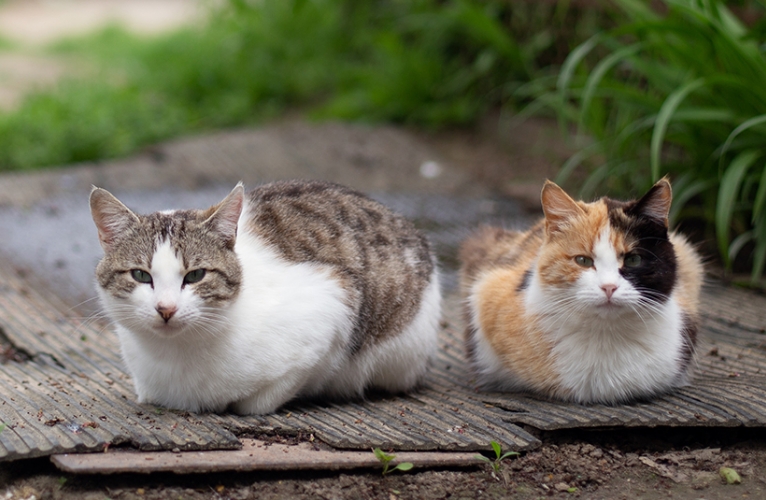
Cat Colony Care Programme
Started in August 2000, SPCA’s Cat Colony Care Programme (CCCP) was begun as a response to the increasing number of street cats in Hong Kong. It combines the SPCA’s resources with the energy of Hong Kong’s numerous cat lovers in a ...
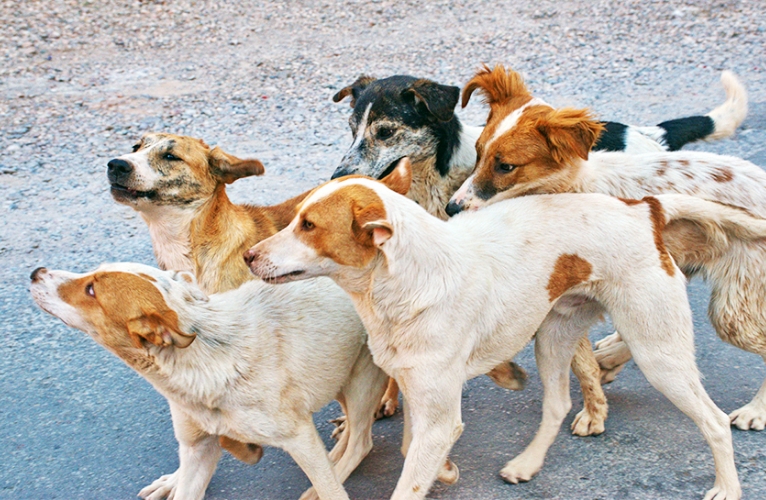
Community Dog Programme
In 2005, we expanded our animal birth control programmes, setting up the Community Dog Programme to better address the issue of dog overpopulation.
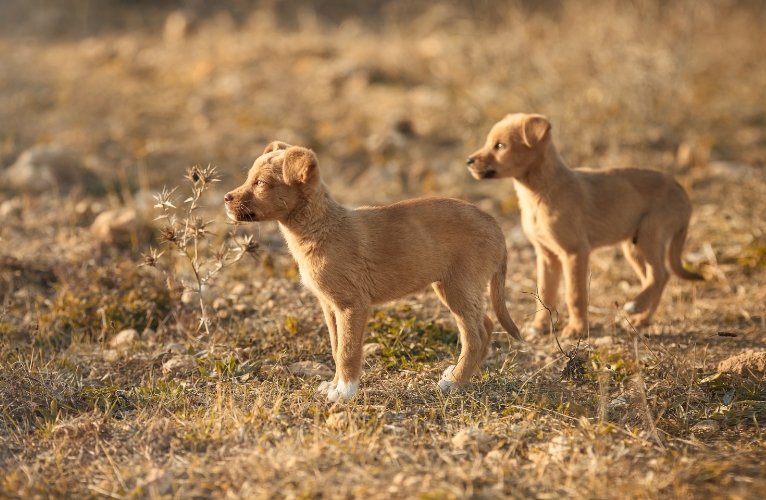
Mongrel Desexing
Many dogs can be found wandering around construction sites and villages across Hong Kong, allowed to breed freely. The dogs are vulnerable to disease, accidents and malnourishment while their puppies are often abandoned.


